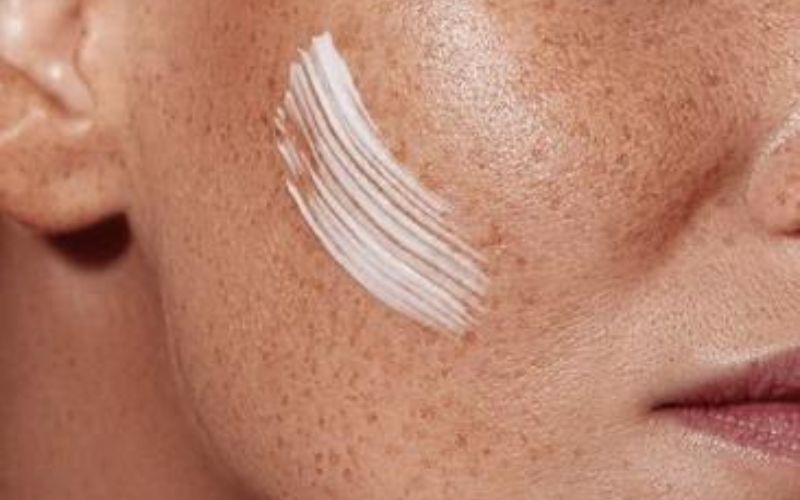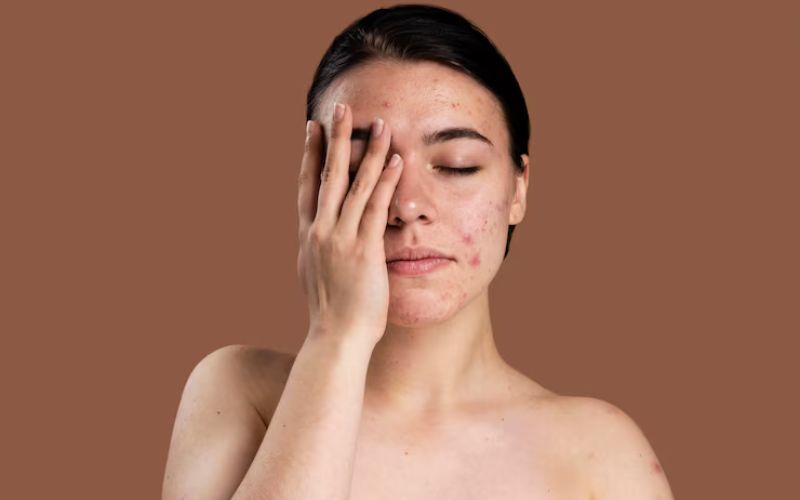Introduction
Hyperpigmentation is a common skin condition characterized by dark patches on the skin, often leading to uneven skin tone and a dull complexion. While not harmful, it can be a source of cosmetic concern for many. If you're looking to address this issue swiftly, you're in the right place. In this comprehensive guide, we'll explore effective treatments for hyperpigmentation, including the cutting-edge laser hyperpigmentation removal offered
Understanding Hyperpigmentation
Hyperpigmentation occurs when the skin produces excess melanin, the pigment responsible for skin color. This can result from various factors, including sun exposure, hormonal changes, inflammation, and certain medications. Common types of hyperpigmentation include:
Melasma: Often caused by hormonal changes, particularly during pregnancy or from oral contraceptives.
Sunspots: Also known as solar lentigines, these occur due to prolonged sun exposure.
Post-inflammatory Hyperpigmentation (PIH): This results from skin injury or inflammation, such as acne.
Understanding the type of hyperpigmentation is crucial for choosing the most effective treatment.
Why Addressing Hyperpigmentation Quickly is Important
While hyperpigmentation is generally harmless, it can affect self-esteem and confidence. Moreover, untreated hyperpigmentation can become more difficult to treat over time. Early and effective intervention is key to achieving the best results.

Hyperpigmentation Treatment Options
Hyperpigmentation Treatment Options
There are several methods to treat hyperpigmentation, ranging from topical treatments to advanced dermatological procedures. Let's explore the most effective options.
1. Topical Treatment
Topical treatments are often the first line of defense against hyperpigmentation. These include:
Hydroquinone: A powerful skin-lightening agent that reduces the production of melanin.
Retinoids: These vitamin A derivatives promote cell turnover, helping to fade dark spots.
Vitamin C: An antioxidant that inhibits melanin production and brightens the skin.
Azelaic Acid: An effective treatment for both acne and hyperpigmentation, reducing inflammation and melanin production.
While these treatments can be effective, they often require consistent use over several months to see significant results.
Chemical peels involve applying a solution to the skin that causes the top layers to peel away, revealing fresher, less pigmented skin beneath. They vary in strength:
Superficial Peels: Mild acids like glycolic acid that treat the outermost skin layer.
Medium Peels: Trichloroacetic acid (TCA) peels that penetrate deeper into the skin.
Deep Peels: The most aggressive, often using phenol, and are typically used for more severe pigmentation issues.
Chemical peels can provide faster results than topical treatments, but they also require downtime for skin recovery.
3. Laser Hyperpigmentation Removal
One of the most effective and fastest ways to address hyperpigmentation is through laser treatments. Dr. Vishal Brahmabhatt at KJ Aesthetics specializes in laser hyperpigmentation removal, a procedure that targets and breaks down the excess melanin in the skin.
Benefits of Laser Hyperpigmentation Removal
Precision: Lasers can target specific areas without affecting surrounding skin.
Speed: Results can be seen faster compared to other treatments.
Minimal
Downtime: Most laser treatments have minimal recovery time, making it convenient for patients.
4. Microdermabrasion
Microdermabrasion is a minimally invasive procedure that exfoliates the skin, removing the outer layer and reducing the appearance of pigmentation. It's a gentler option compared to chemical peels and is often used for mild hyperpigmentation.
While microdermabrasion can improve skin texture and tone, it may not be as effective for deeper pigmentation issues.
5. Intense Pulsed Light (IPL) Therapy
IPL therapy is similar to laser treatment but uses a broad spectrum of light wavelengths. It targets pigmentation and can also improve skin texture and reduce redness. IPL is effective for treating sunspots and superficial hyperpigmentation.
However, IPL may not be suitable for all skin types, particularly darker skin tones, as it can cause uneven pigmentation.
Prevention and Maintenance
Treating hyperpigmentation is only part of the process; preventing its recurrence is equally important. Here are some tips to maintain your results:
Sun Protection: Use a broad-spectrum sunscreen with at least SPF 30 daily, even on cloudy days. Sun exposure is a major trigger for hyperpigmentation.
Gentle Skincare: Avoid harsh skincare products that can irritate the skin and exacerbate pigmentation.
Regular Exfoliation: Incorporate gentle exfoliation into your skincare routine to promote cell turnover and prevent the buildup of pigmented cells.
Healthy Diet: A diet rich in antioxidants can help protect the skin from damage and support overall skin health.
Why Choose KJ Aesthetics and Dr. Vishal Brahmabhatt?
When it comes to hyperpigmentation treatment, choosing the right clinic and specialist is crucial for achieving the best results. KJ Aesthetics stands out for several reasons:
Expertise: Dr. Vishal Brahmabhatt has extensive experience in treating hyperpigmentation and other skin conditions using the latest technologies and techniques.
Customized Treatment Plans: Every patient is unique, and Dr. Brahmabhatt takes the time to create personalized treatment plans tailored to individual needs and skin types.
State-of-the-Art Technology: KJ Aesthetics is equipped with advanced laser systems and other cutting-edge equipment to ensure effective and safe treatments.
Patient-Centered Care: The team at KJ Aesthetics is dedicated to providing compassionate care, ensuring that each patient feels comfortable and informed throughout their treatment journey.
Frequently Asked Questions (FAQ)
Skin pigmentation refers to the color of your skin, which is determined by melanin. When the skin produces too much or too little melanin, it can lead to pigmentation disorders, resulting in darker or lighter patches on the skin.
Conclusion
Hyperpigmentation can be a challenging condition to deal with, but with the right treatment plan, it is possible to achieve clearer, more even-toned skin. Whether you choose topical treatments, chemical peels, or the advanced laser hyperpigmentation removal offered at KJ Aesthetics by Dr. Vishal Brahmabhatt, there is a solution that can work for you.

